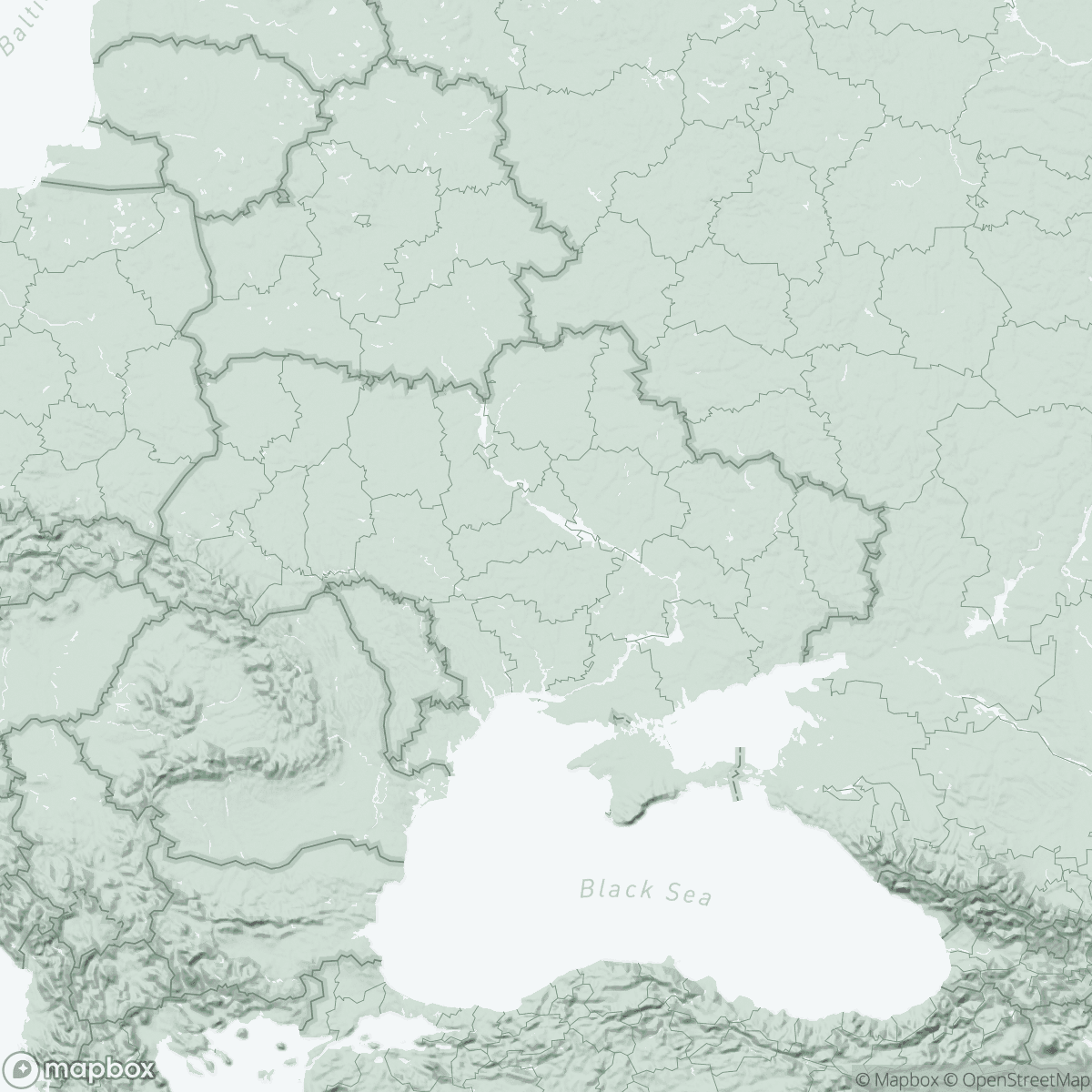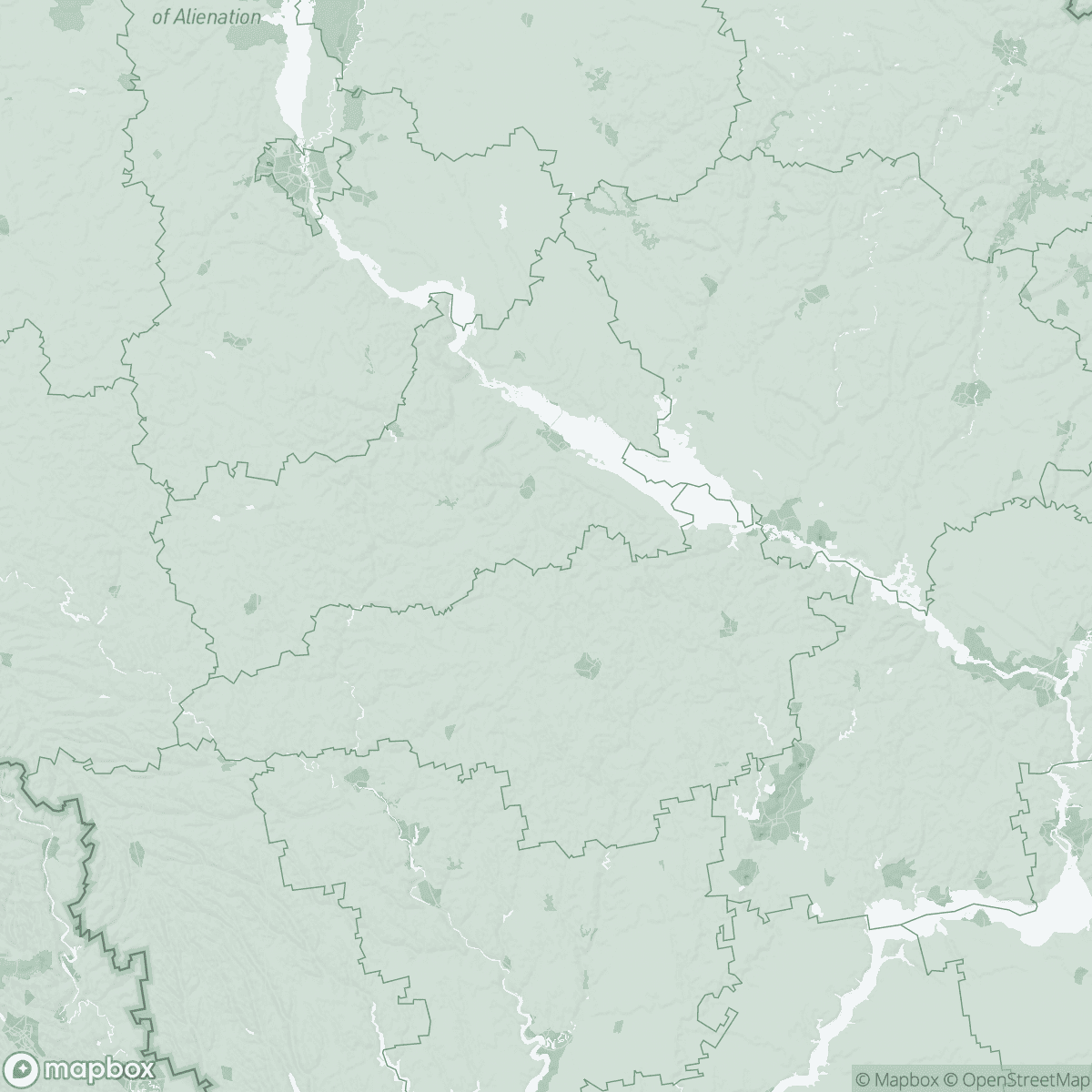
Mental health needs grow after 100 days of war in Ukraine
In 1 click, help us spread this information :
The most common symptoms MSF psychologists see are chronic stress, anxiety, panic attacks, sleeping problems, insomnia in adults, fear of loud sounds, loss of appetite, as well as bedwetting and nightmares for children. In addition, MSF teams have provided over 100 mental health trainings to healthcare providers across the country to support those who have been affected by the war.
In Ukraine, people escaping shelling, living with war wounds, or worrying about their loved ones in conflict zones usually do not consider their mental health, say MSF psychologists. As a result, the psychological consequences of the current conflict can seem invisible, but that does not mean they are not there.
“Many children we’ve seen who have experienced bomb blasts suffer from insomnia, bedwetting and nightmares,” says Oksana Vykhivska, MSF mental health supervisor in Kyiv. “The elderly, who often find themselves alone after being separated from loved ones, are constantly anxious and break down into tears.”
MSF teams have held consultations with displaced people in Berehove, Kharkiv, Chernihiv, Vinnytsia, Ivano-Frankivsk, Uzhhorod, Kropyvnytskyi, Dnipro and Zaporizhzhia.
Many of the most vulnerable people, such as the elderly, are isolated; having been separated from their neighbours and relatives who formed a support network. Meanwhile children often pick up on the stress that adults around them are feeling.
"Struggling with the fear of death"
Kateryna had to flee her home in Irpin with her mother when their village was attacked. They were evacuated and are now living in a shelter in Mukachevo in the far west of Ukraine. Here, Kateryna sees an MSF psychologist – she has suffered from panic attacks since escaping her village.
One of the things I’m struggling with is the fear of death. I’m scared that I will fail to do something, or that I’ll do something wrong and won’t make it. I think about it again and again, and it prevents me from doing anything,” she says.
Here, psychologists try to stabilise patients by identifying the issues they are facing, and then help them to find coping mechanisms.
In Berehove, MSF psychologists work with children who have been evacuated from conflict areas – from 4 April to 20 May, 375 children participated in group and individual mental health sessions here. Children show symptoms from the trauma they have experienced both before and during their evacuation, including anxiety, low self-esteem, panic attacks and grief.
Need for more mental health support
While MSF is providing mental health support and additional training to psychological staff in medical facilities across Ukraine, much more needs to be done.
“We need to see an urgent increase in mental health services across the country,” says Vykhivska.
Both the national health system and other organisations need to ensure that the response to mental health needs and the resources behind it reach the most vulnerable people, especially in rural areas, where people are often cut off and lack access.”
It is crucial this support is provided to people where they are and that it involves close collaboration with communities so that everyone who needs help receives it.



